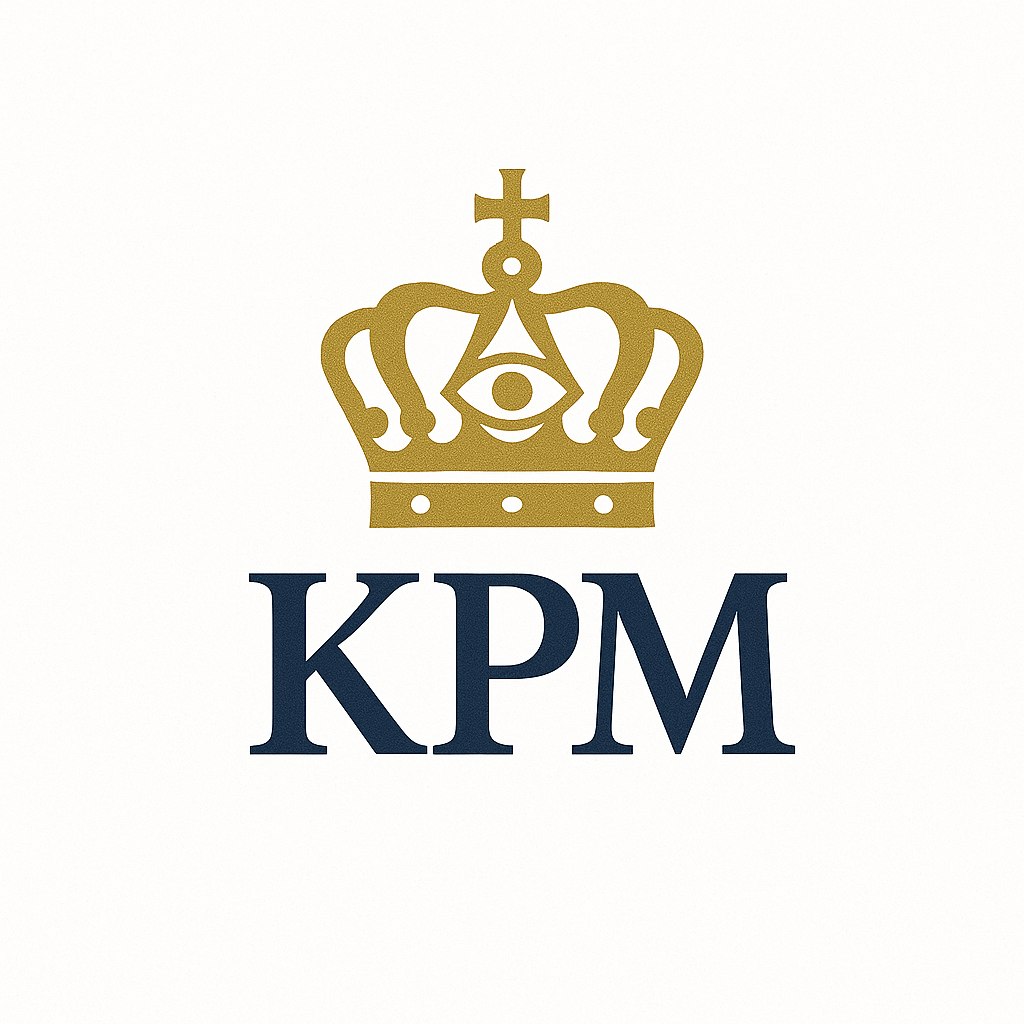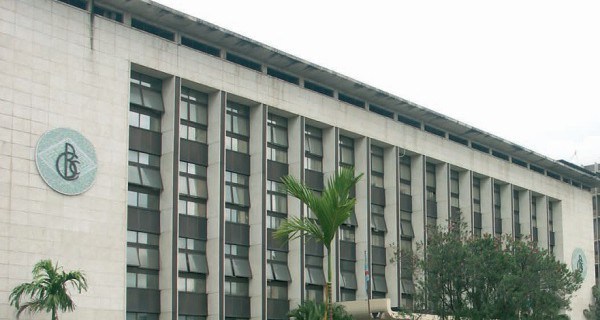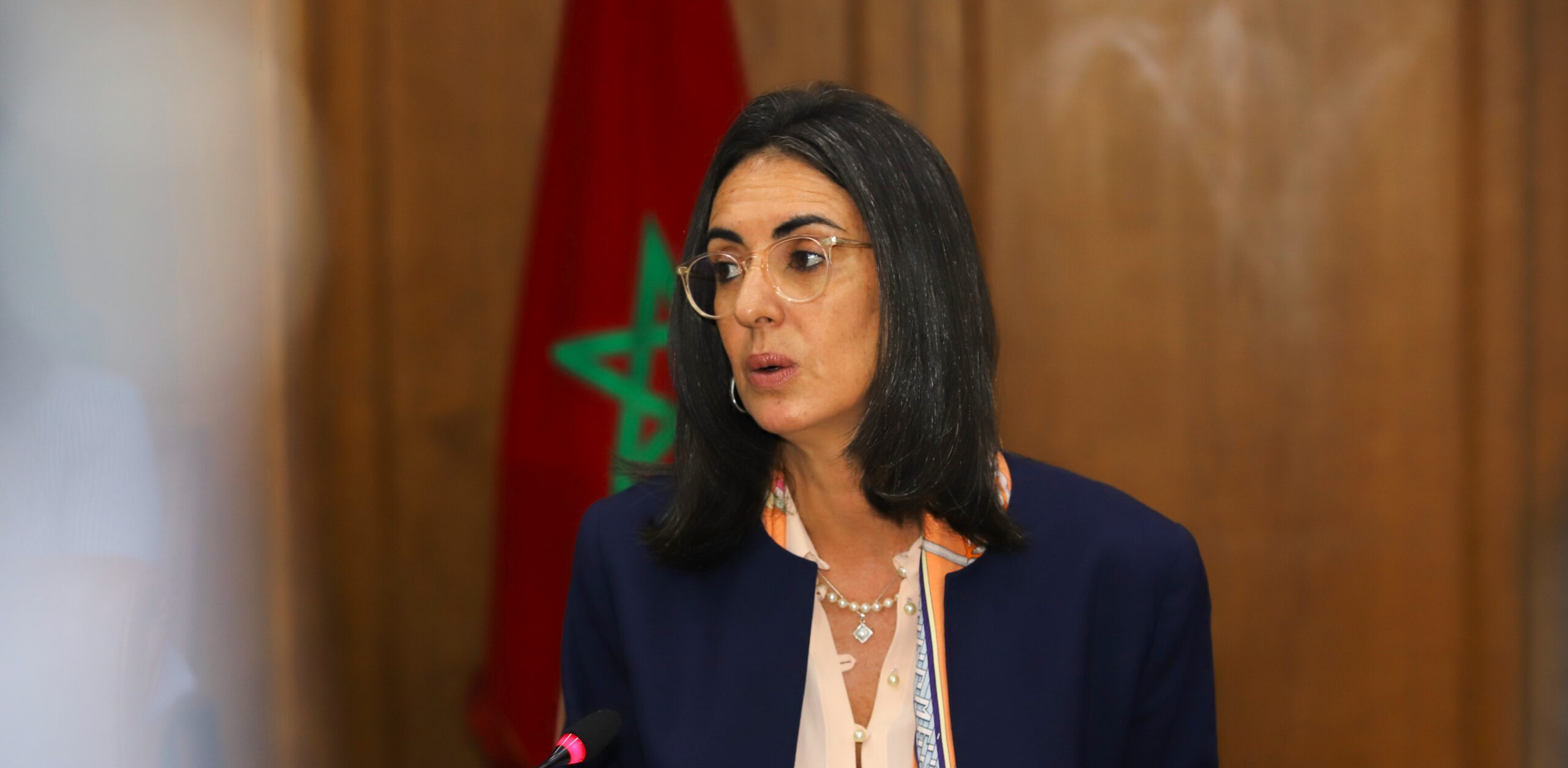The Merger That Could Redefine South Africa’s Investment Future
Vunani’s R60 bn merger with Sentio reshapes South Africa’s asset-management landscape. In a market squeezed by fees and regulation, scale becomes survival. The deal tests whether black-owned capital can build a world-class investment platform at home.

Vunani Limited (JSE: VUN) has merged its fund-management arm with Sentio Capital Management, creating one of South Africa’s most ambitious mid-tier consolidations in a decade. The combined platform — Vunani Sentio Fund Managers — now oversees roughly R60 billion (≈ USD 3.2 billion) in assets under management, a scale large enough to place a black-owned firm squarely among South Africa’s most competitive institutional managers.
The deal, announced in early October 2025, sees Vunani Fund Managers (VFM) acquire 100 percent of Sentio through a cash-and-share exchange. The new ownership structure allocates 63 percent to Vunani Capital, 22 percent to Sentio’s partners, and 15 percent to VFM management. Chief Executive Ethan Dube described the merger as “an evolution from participation to leadership” — a bid to achieve scale, deepen research, and expand across the region.
Scale is now the most valuable commodity in active management. South Africa’s R6 trillion collective-investment industry is grappling with shrinking margins, higher compliance costs, and relentless competition from passive trackers such as the Satrix 40 ETF (JSE: STX40) and Sygnia iTrix S&P 500 ETF (JSE: SYG500). By merging, Vunani and Sentio can pool operations, eliminate overlap, and compete for larger mandates from institutional clients. A R60 billion asset base positions the new firm in the second quartile of domestic managers, adjacent to divisions of Ninety One plc (JSE: N91) and PSG Konsult (JSE: KST).
The economics justify the timing. Average asset-management margins in South Africa have fallen from 45 basis points in 2015 to below 30 bps in 2024, while technology and compliance costs have nearly doubled. In that environment, consolidation is both defense and offense: a larger balance sheet can negotiate cheaper custody and auditing fees, absorb cybersecurity expenses, and invest in digital-advisory systems that smaller managers cannot sustain.
The product mix also fits neatly. Sentio contributes quantitative-equity and multi-asset capability, while Vunani brings fixed-income, ESG, and pension-mandate expertise. Together they can offer equities, credit, property, and balanced strategies under one risk framework — a prerequisite for winning holistic mandates from institutions such as the Government Employees Pension Fund (GEPF) and the Public Investment Corporation (PIC).
Market reaction has been cautiously constructive. Vunani’s stock (JSE: VUN) traded between ZAR 2.20 and ZAR 2.50 in the six months before the merger; analysts project 10–12 percent earnings-per-share accretion by 2026 if synergies of R35–40 million materialize. That uplift could re-rate its forward P/E from 6× to about 8× — a modest but notable improvement in a Johannesburg market where financials like Old Mutual (JSE: OMU) and Sanlam (JSE: SLM) still trade at structural discounts.
Integration, however, will test execution. Vunani’s entrepreneurial culture must blend with Sentio’s quantitative discipline without losing talent or clients. Global precedents suggest that up to 30 percent of AUM attrition can follow poorly managed mergers. Success will hinge on retention incentives and transparent communication to prevent disruption during integration.
The macro backdrop is mixed. South Africa’s 10-year sovereign yield (ZAR2035) sits near 10.4 percent, headline inflation around 4.8 percent, and the rand (USD/ZAR ≈ 18.7) remains volatile. While those metrics sustain attractive real yields, persistent power shortages, weak growth near 0.9 percent, and commodity-price swings keep retail participation soft. Institutional investors — insurers, pension funds, and infrastructure financiers — remain the core growth driver, shifting allocations toward private credit, renewable-energy debt, and ESG-screened portfolios. The Vunani Sentio platform is designed precisely for that structural pivot.
Regionally, the merger echoes a broader pattern across Africa’s financial hubs. In Nigeria, Access Holdings (NGX: ACCESSCORP) and United Capital (NGX: UCAP) have scaled multi-asset platforms to consolidate fee pools. In Kenya, ICEA Lion Group and Britam Asset Managers (NSE: BRIT) pursued similar integrations to surpass the KSh 100 billion threshold. Across frontier markets, fund managers are discovering that scale is no longer optional — it is existential.
Still, investors will measure success by performance, not headlines. South Africa’s savings base is mature, meaning asset-gathering depends on consistent alpha, transparent governance, and credible ESG implementation. Sentio’s quantitative process may give Vunani a data-driven performance edge if it complements rather than conflicts with relationship-based distribution.
The merger carries symbolism beyond spreadsheets. It demonstrates that black-owned capital formation is evolving from participation into production — from compliance to competition. Asset management, once dominated by legacy institutions, is being reshaped by new entrants that combine transformation with sophistication. If Vunani Sentio proves that inclusion and efficiency can coexist, it could catalyze further consolidation across Africa’s investment ecosystem — from pension administration to sovereign-wealth partnerships.
For now, sentiment is quietly optimistic. Vunani’s shares have firmed since the announcement, and tighter credit spreads on South Africa’s R2032 Eurobond (ISIN XS2051363054) hint at investor confidence in the sector’s depth. The coming year will show whether integration discipline can translate into lasting inflows.
In an era when shrinking fees and rising regulation define active management, Vunani Sentio tells a different story: that scale, digital modernization, and inclusive ownership can still build competitive, world-class asset managers on African soil. For global investors watching frontier markets, this merger is more than a domestic reshuffle — it’s a test of whether African firms can create their own institutional champions.





